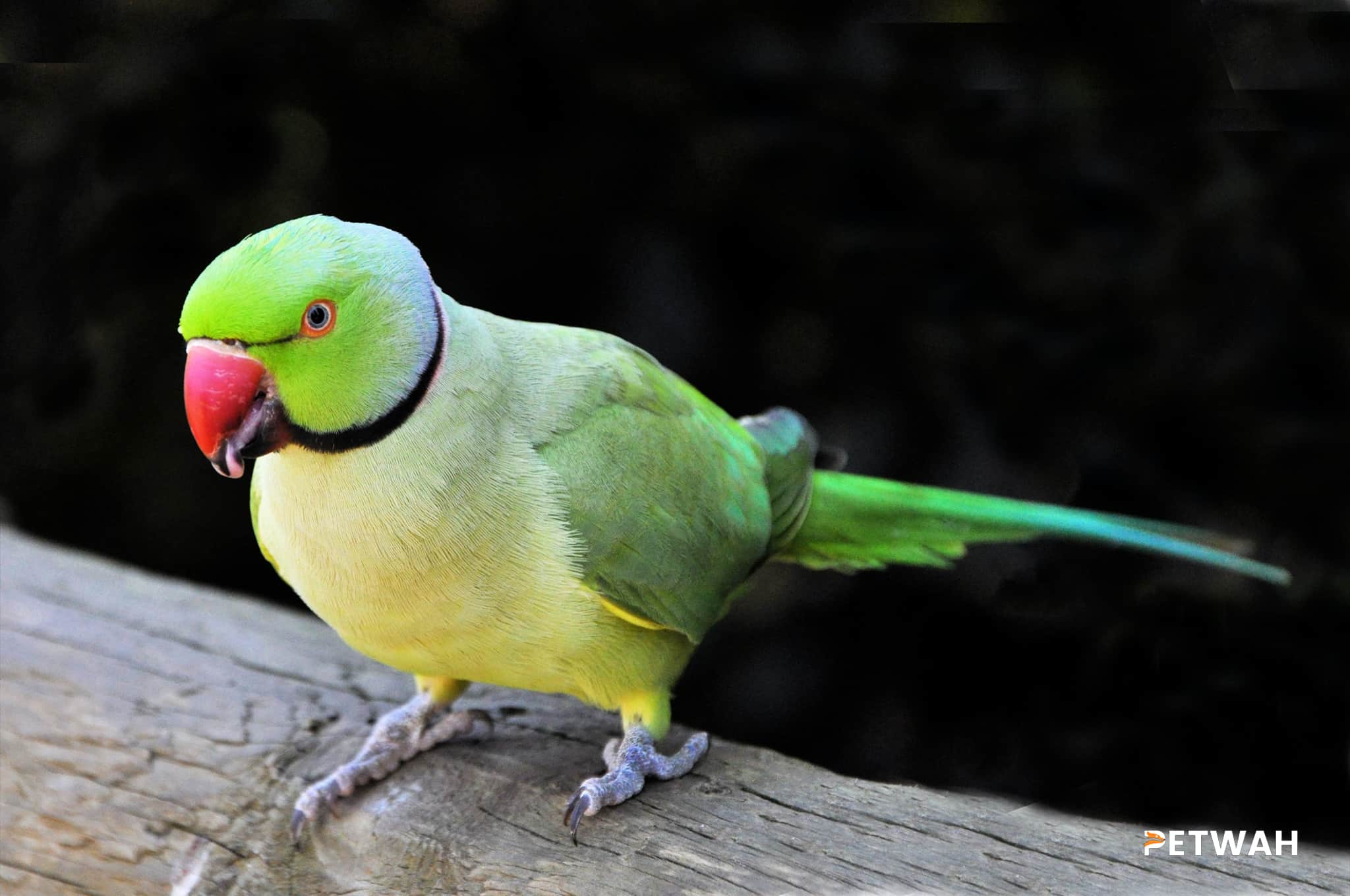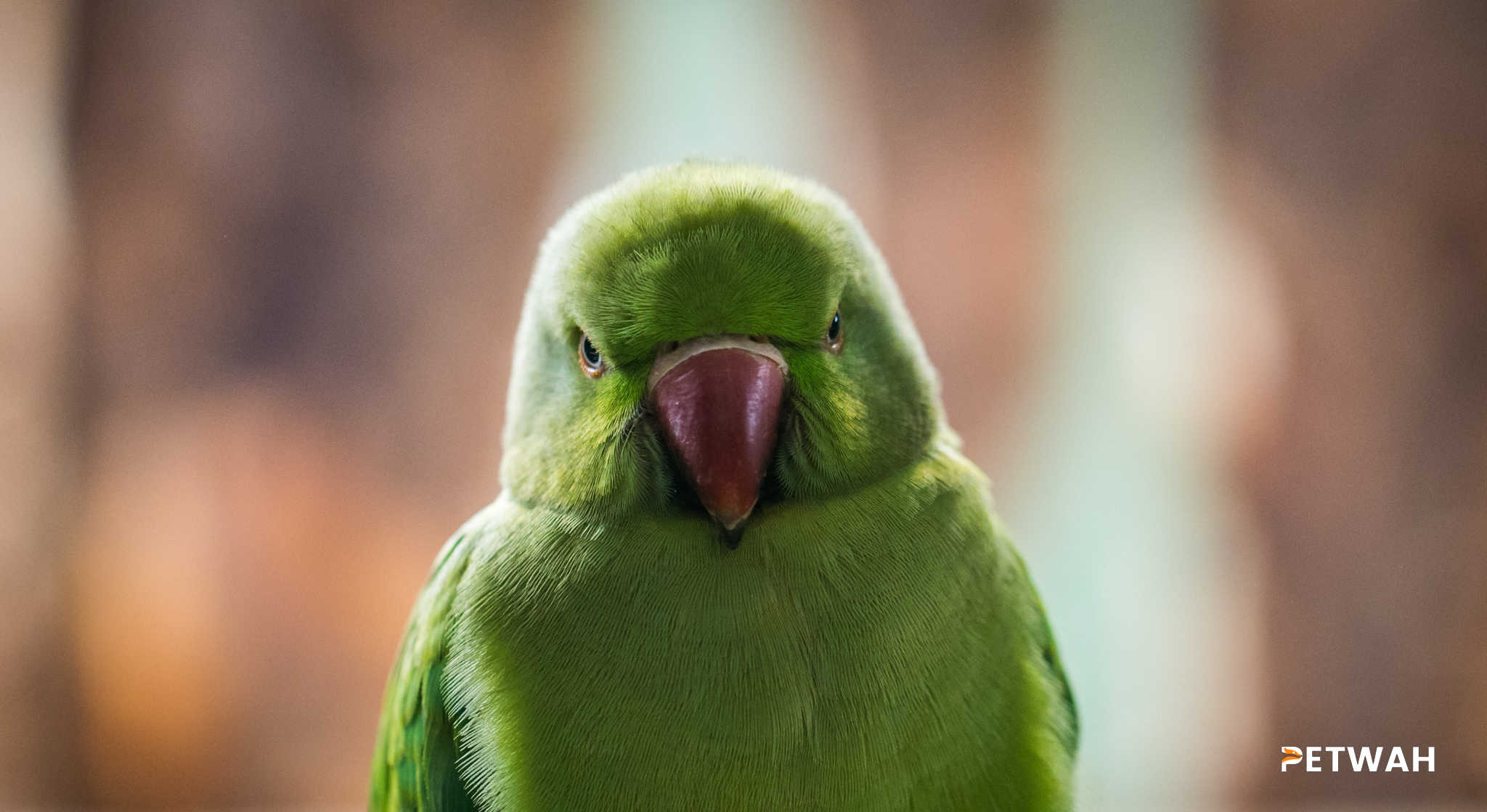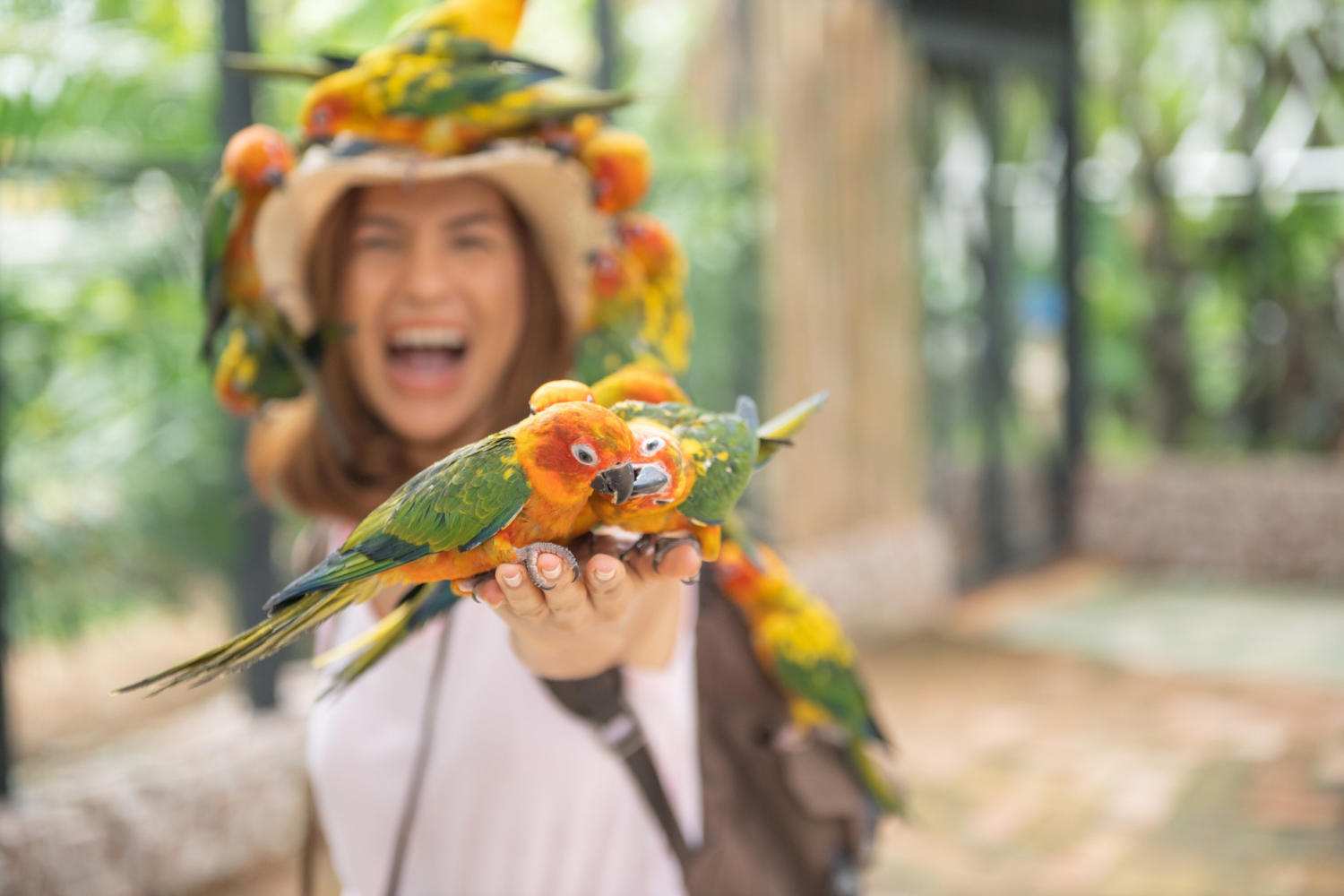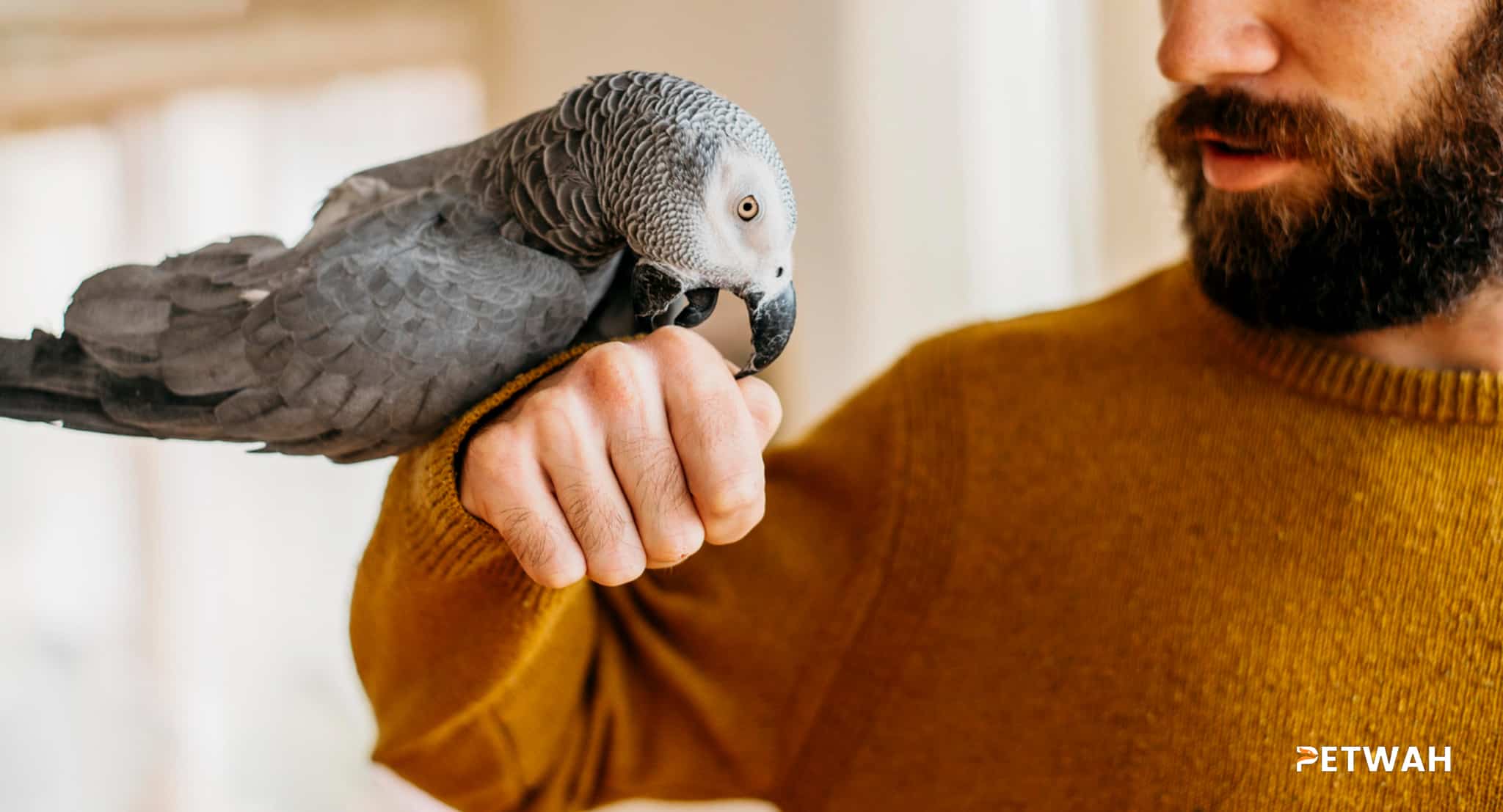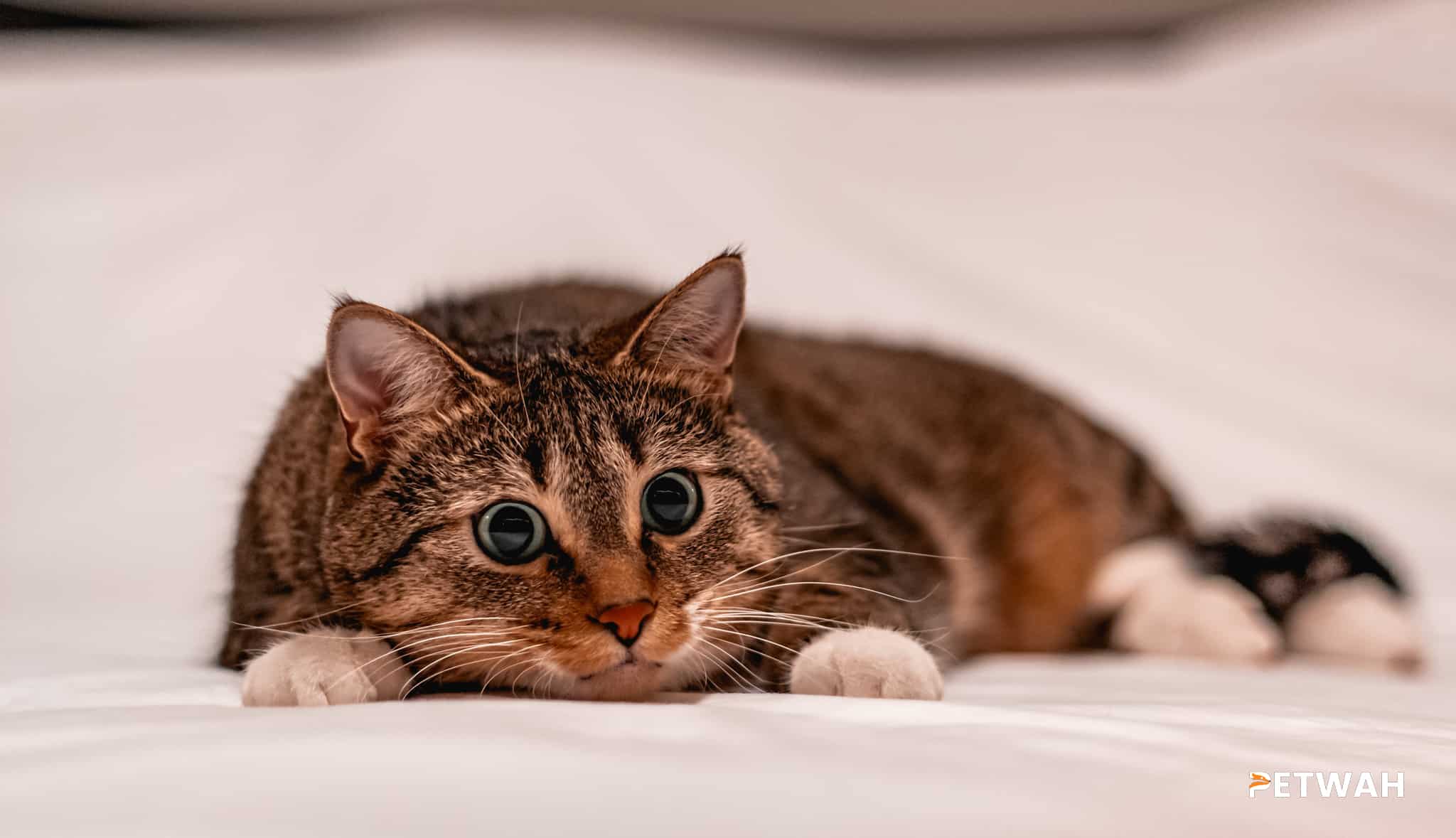Introduction:
Owning a bird can be a delightful and rewarding experience, but it’s essential to provide them with proper mental and physical stimulation. Birds are highly intelligent creatures that require regular stimulation to remain happy and healthy. In this blog post, we will explore the best ways for a couple to ensure their feathered friend receives adequate mental and physical stimulation. From interactive toys to social interaction, we will cover various strategies that will keep your bird engaged and entertained.
Creating an Enriched Environment:
One of the best ways to stimulate your bird’s mind is to create an enriched environment within their living space. Here are some ideas on how to do so:
1. Provide a variety of toys: Birds are naturally curious and love to explore. Offer a mix of puzzle toys, chewable toys, and interactive toys to keep them entertained and engaged.
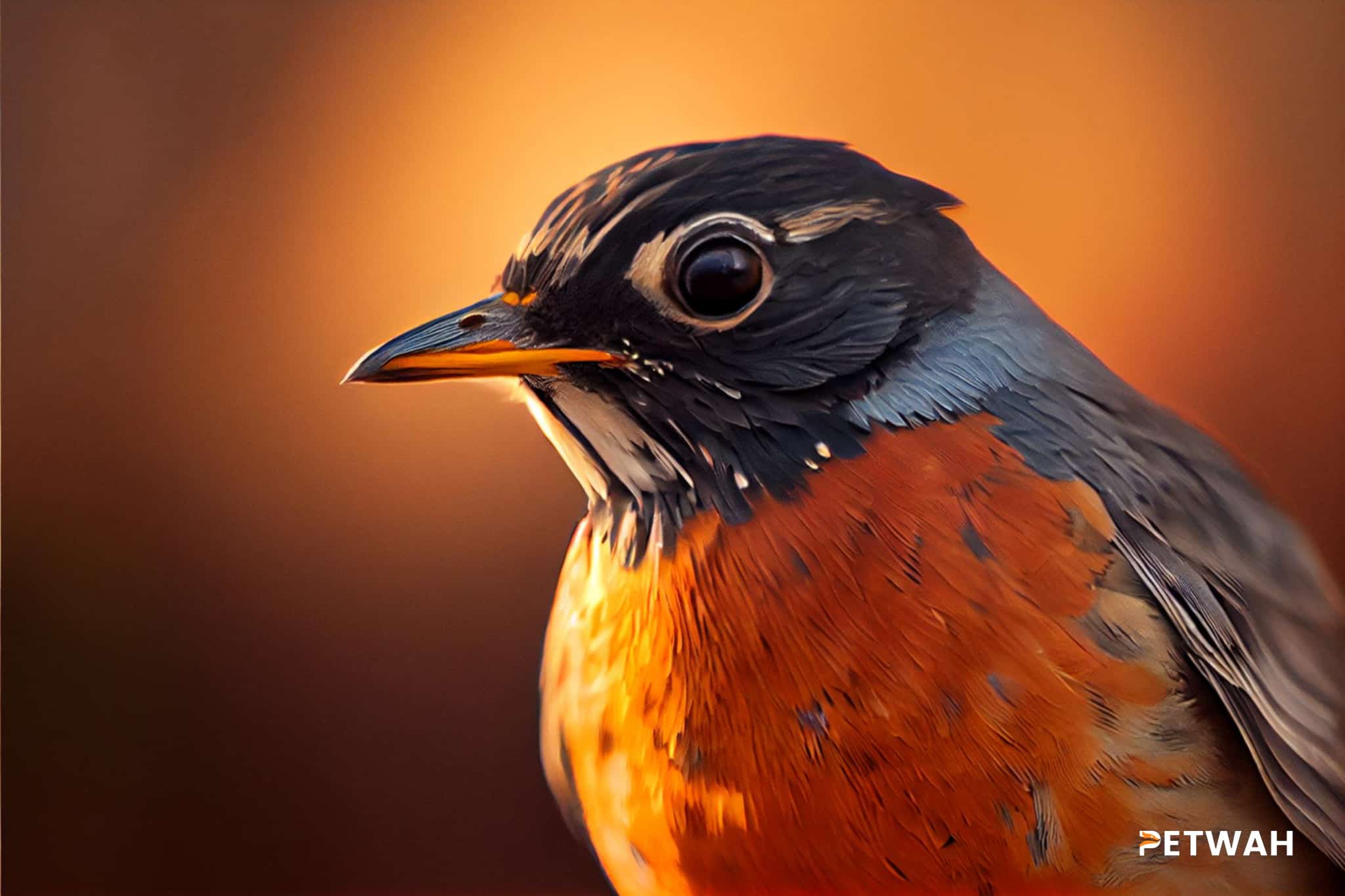
2. Rotate toys regularly: Birds can become bored with their toys if they are left out all the time. Rotate their toys every week or two to provide a fresh and exciting experience.
3. Offer foraging opportunities: Birds love to forage for food in the wild. Mimic this natural behavior by hiding treats or hiding their food in foraging toys. This will keep them mentally stimulated and provide a fun activity for them to enjoy.
Social Interaction and Training:
Birds are highly social creatures that thrive on social interaction. Here are some ways for a couple to ensure their bird receives adequate mental and physical stimulation through social engagement:
1. Spend quality time with your bird: Birds love when their owners interact with them. Dedicate time each day for one-on-one playtime, cuddling, or simply talking to your feathered companion.
2. Teach them tricks: Training your bird to perform tricks not only provides mental stimulation but also strengthens the bond between you and your bird. Start with simple tricks such as “step up” or “turn around” and gradually progress to more advanced tricks.
3. Provide socialization opportunities: Birds can benefit from socializing with other birds as well. Arrange playdates with other bird owners or consider joining local bird clubs or forums to connect with other bird enthusiasts.
Physical Exercise and Flight:
In addition to mental stimulation, birds also require physical exercise to maintain their health and well-being. Here’s how you can help your bird get the exercise they need:
1. Encourage flight: If your bird’s wings are not clipped, providing them with a safe space to fly within your home is crucial. Ensure the space is bird-proofed and free from any hazards such as open windows or fans.
2. Set up a bird gym: Create a bird gym or play area with perches, ladders, and swings. This will encourage your bird to climb, hop, and jump, providing them with the physical exercise they need.
3. Take your bird outdoors: If weather and safety permit, consider taking your bird outside for supervised outdoor playtime. This will allow them to experience natural sunlight, fresh air, and a change of scenery.
FAQs:
Q1: How long should I spend engaging with my bird each day?
A1: It is recommended to spend a minimum of 1-2 hours engaging with your bird each day, but the more time you can dedicate, the better.
Q2: Can my bird be left alone for extended periods?
A2: Birds are social creatures, and extended periods of loneliness can lead to boredom and even behavioral issues. It is best to avoid leaving them alone for extended periods. If necessary, consider getting a companion bird or arranging for a bird-sitter.
Q3: How do I know if my bird is bored or understimulated?
A3: Signs of boredom or understimulation in birds can include feather plucking, excessive vocalization, aggression, or self-destructive behavior. It’s essential to provide your bird with plenty of toys, social interaction, and physical exercise to prevent these issues.
Q4: What types of toys are best for mental stimulation?
A4: Birds enjoy toys that provide challenges and opportunities for problem-solving. Puzzle toys, foraging toys, and toys that require manipulation are great options to stimulate their minds.
Q5: Are there any other resources I can use to learn more about bird care and enrichment?
A5: Absolutely! There are many resources available online, such as reputable bird care websites, forums, and books dedicated to bird care and enrichment. Here are a few recommended resources to get you started:
– The Spruce Pets: https://www.thesprucepets.com/birds-4162094
– BirdChannel.com: https://www.birdchannel.com/
– “The Complete Guide to Parrots” by Annette Wolter
Conclusion:
Keeping your bird mentally and physically stimulated is crucial for their overall well-being. By creating an enriched environment, providing social interaction and training, and ensuring they get plenty of physical exercise, you can help your feathered friend lead a happy and fulfilling life. Remember, birds require consistent engagement and care, so be sure to dedicate time each day to interact with them. For more information and supplies to support your bird’s needs, visit PetWah, a one-stop-shop for all your pet care needs.


